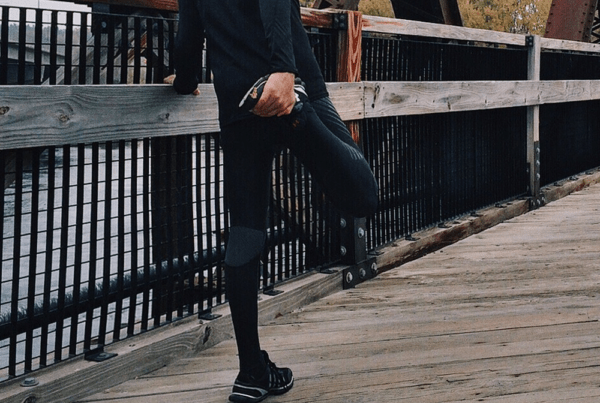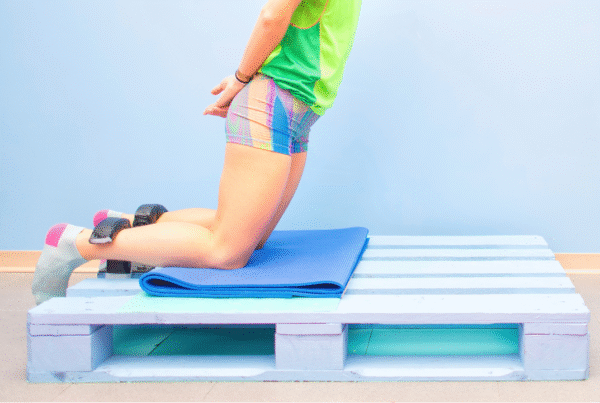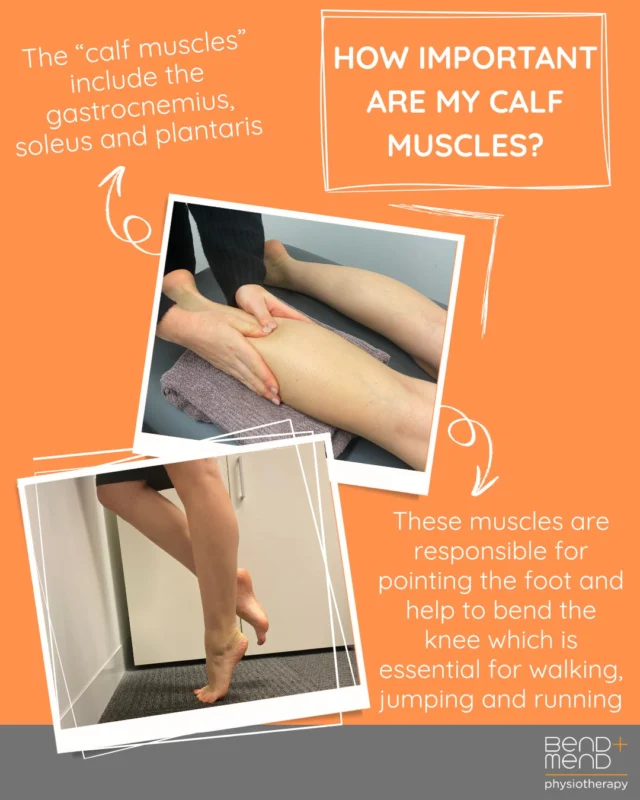The role of mental preparedness and the power of the mind in regards to athletic performance is something that isn’t discussed as often as an athlete’s physical preparedness for competition. In recent months athletes such as Naomi Osaka and Simone Biles who routinely perform on the worlds stage have taken a step back noting mental health issues, with Simone Biles in particular expressing her fear of injury due to her anxieties with performance. The link between sports related anxiety and injury have been researched extensively and just show how powerful the impact of the mind is on sporting performance.
Sports related anxiety has been defined by sports psychologists as “being a trait and/or state-like response to a stressful sport-related situation, which the individual perceives as potentially stressful, resulting in a range of cognitive appraisals, behavioural responses, and/or physiological arousals.”1
Anxiety encountered by both professional and amateur athletes is normal and expected due to the stressors of competition, it is how an athlete, however responses to this anxiety that determines whether it hinders or helps performance. Research has demonstrated that coping mechanisms, the intensity of the activity being performed, the athletes personality and their history can all influence this anxiety.1 There has also been established links in research that these factors in turn are contributors to injury and can be different during each performance. The mechanism by which this occurs is based on the belief that those who are more anxious about their performance have increased muscle tension, increased distractibility and a reduction in the size of their1 visual fields, as a result they are more susceptible to injury.
If an athlete does suffer an injury, stress and anxiety can also negatively affect their return to sport. Fears in regard to re-injury and apprehension in returning to their previous sport negatively impact return timelines and performance. Some injuries in sport are so catastrophic that the injured athlete may never return to sport but for those who participate in rehabilitation, the level of sport related anxiety they feel can influence their progression with rehabilitation and time in which they feel confident enough physically and mentally to return to sport.
In saying this there are ways of training and managing sports related anxiety. Some suggest cognitive training and mental rehearsal as ways of managing. The best form of management if you are dealing with sports related anxiety is to consult with a psychologist who has specifically trained in this field to help you return to 100% and engage with a medical team who take psychological health into consideration when rehabilitating physical health.
Reference:





